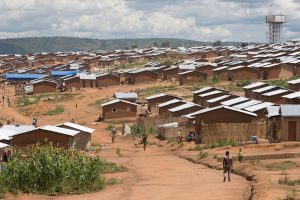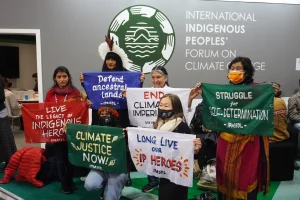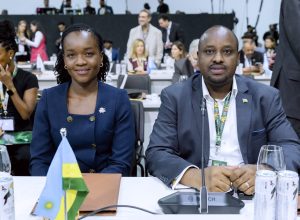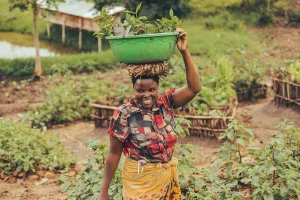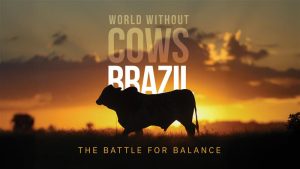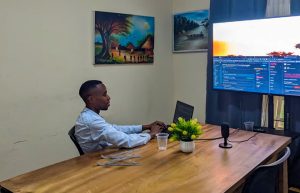African Children Call on Heads of State to Prioritize their Voices at the Africa Climate Summit
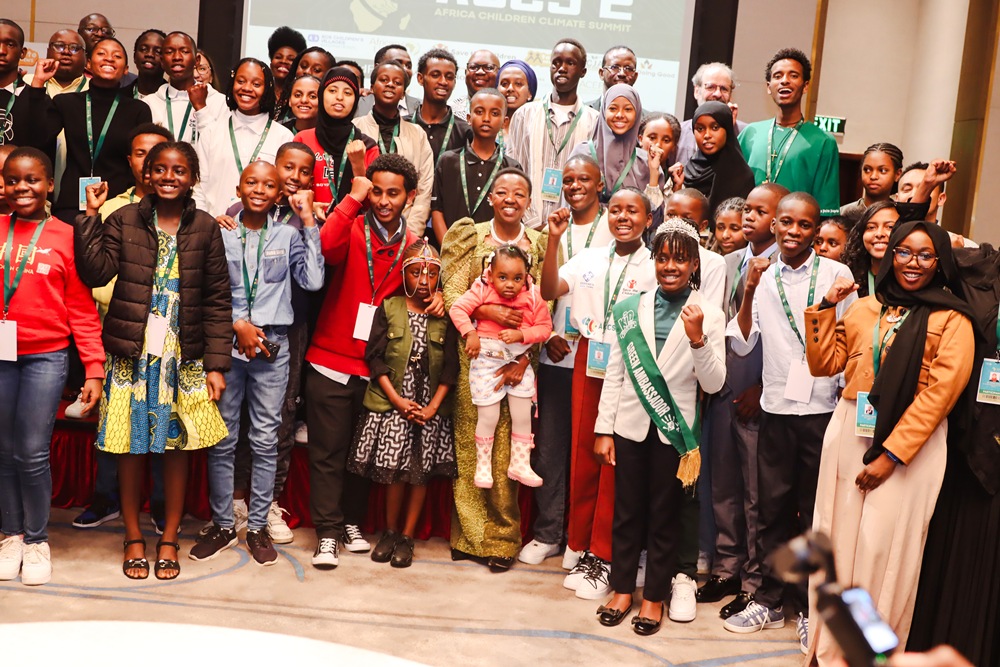
All children from 16 countries posed for a photo with first lady
Ethiopia, September 9, 2025 – As the Africa Climate Summit is underway in Ethiopia, over 60 children from 16 African countries have gathered to urge heads of state to consider their views and experiences in shaping climate policies.
These young climate advocates, hailing from Rwanda, Kenya, Tanzania, Somalia, Mozambique, Malawi, the Democratic Republic of Congo, the Ivory Coast, Sierra Leone, Egypt, Zambia, Nigeria, Niger, Ethiopia, South Sudan, and South Africa, are actively engaging in key discussions, pressing for child-sensitive priorities to be embedded in Africa’s climate action plans.
Across Eastern and Southern Africa, at least 51 million children are at the epicentre of multiple crises, including relentless climate shocks, public health emergencies, conflict, displacement, and economic instability, according to UNICEF.

1 in 3 children under five in Africa, around 64 million, are trapped in severe child food poverty, with their lives marked by inequity, conflict, and climate-induced deprivation. These children are up to 50 per cent more likely to suffer from wasting, a deadly form of malnutrition that threatens their very survival.
George Otim, Country Director of Plan International Kenya, stated the climate change effects on girls:
“Adolescent girls and young women are particularly affected by climate-related disasters. They are forced to leave their homes or assume parental responsibilities as their parents travel far in search of food and pasture. As a result, they are at high risk of sexual exploitation, dropping out of school, and being married off so that their families can be supported financially. We have to unite and address these challenges to ensure their rights are prioritized in climate change policies and programmes.”
Voices from the ground reflect the urgent realities confronting children across the continent:
Claire, a 14-year-old girl living in Rwanda, said: “As children, we continue to face the impacts of climate change, particularly in education, where heavy rains damage infrastructure such as classrooms, disrupting our schooling. Additionally, heavy rains and extreme heat destroy household food crops, which negatively affects children’s nutrition.”
Bandile, a 16-year-old boy living in South Africa, emphasised: “As we approach the African climate summit, we argue that our leaders prioritise several key actions to effectively address the continent’s climate changes, particularly for women and girls, ensuring gender equality is included in the summit declaration and outcomes and also recognising women’s leadership roles in climate adaptation.”
Mounira, a 14-year-old girl from Niger, stated: “We are not too young to understand. We have received training where we analysed our vulnerability and adaptation capacities, coupled with weather information. We understand what our community is going through and what we can do about it. Give us the means to act.”
Dragana Strinic, the Country Director of Save the Children Ethiopia, highlighted the significance of the summit’s child participation, stating:“The Africa Children Climate Summit is a crucial platform that not only highlights the urgent climate challenges we face but, more importantly, centres the voices of our children—those who inherit the future we shape today. Listening to their insights and experiences is vital for crafting solutions that are both effective and sustainable. Their perspectives remind us that climate action must be inclusive, intergenerational, and driven by the hope and innovation that children bring to the table.”
Jenifer Kaberi, the Executive Director of Mtoto News, said:
“I echo the voices of young people urging Africa Climate Summit delegates to listen to children, empower them with knowledge, act on their ideas, establish child-friendly accountability, invest in education and green skills, integrate child-focused priorities, protect vulnerable groups, and strengthen disaster response for a sustainable future.”
Lilian Dodzo, Regional Leader of World Vision East Africa Regional Office, called on stakeholders to action:
“My call to key stakeholders is that we should prioritise those commitments that are made at the Global level to make sure that we address the issues that are causing vulnerability to children due to climate change,”
With approximately 25,000 participants, the Africa Climate Summit presents a critical opportunity for leaders to commit to climate action that integrates the experiences and priorities of children, thereby bridging generational divides and securing a resilient future for Africa.
Dr Sithandweyinkosi Nkomo, Environment and climate Coordinator, Terre Des Hommes, Germany, Africa Coordinating Office, said:
“My key ask for the 2025 Africa Climate Summit delegates and leaders, is deliberate and solid inclusion of the voices of our continent’s future—our children. Climate change threatens their rights to a healthy environment, education, and well-being. I therefore urge heads of state and governments to meaningfully include and prioritize children’s perspectives in all summit discussions and outcomes to forge a truly just and sustainable future for all”
The African Children’s Climate Council
One of the key outcomes anticipated from the African Children’s Climate Summit II is the establishment of the African Children’s Climate Council. This council, which the children will advocate for, aims to provide child-focused advice on policy decisions made by governments and continental institutions, to endorse continental leadership structures such as the Africa Group of Negotiators and the African Union Commission. By giving children a formal voice in climate policy discussions, the council will help ensure that the unique needs and perspectives of children are taken into account in decision-making processes at the highest levels.
Child-Friendly Report Launch
During the summit, the African Committee of Experts on the Rights and Welfare of Children will be launching child-friendly booklets of the Continental Study on Climate Change and Children’s Rights in Africa.
Developed for children aged 6–12 and 13–17, the booklets simplify complex climate policy into engaging stories, illustrations, and activities, helping children understand the risks, their rights, and their role in shaping solutions.
Child-focused organizations across Africa—including Save the Children International, ACERWC, World Vision International, Terre des Hommes International, Mtoto News International, Plan International, Child Fund International, SOS Children’s Villages, Child Rights Network of Southern Africa, Children’s Voice Today, and the Nelson Mandela Children’s Fund—continue to amplify children’s voices, influencing climate policy at national, continental, and global levels.

SUBSCRIBE TO OUR NEWSLETTER




